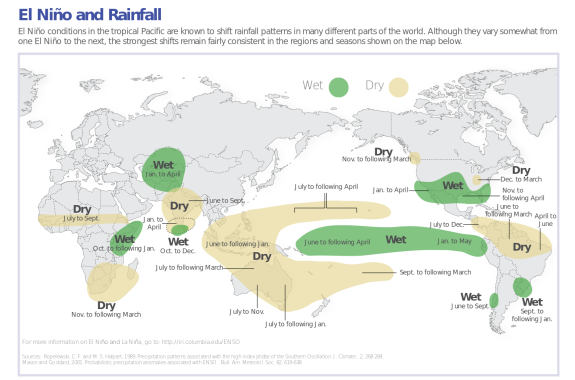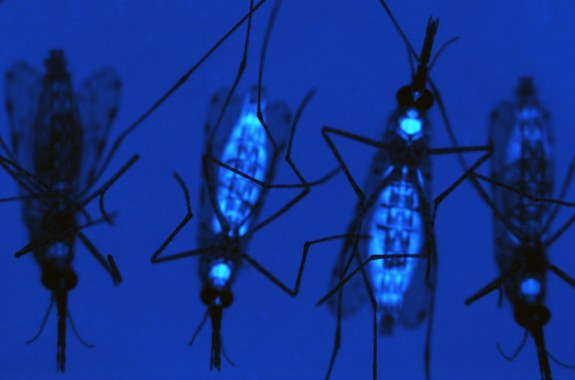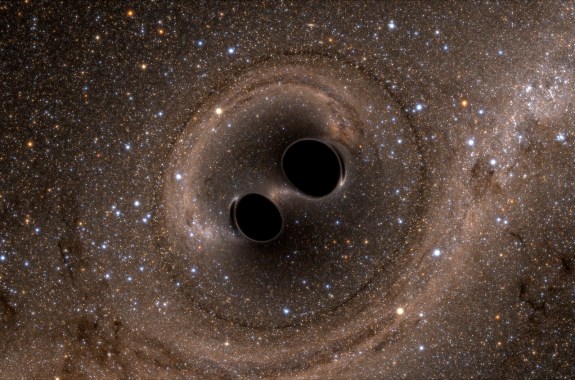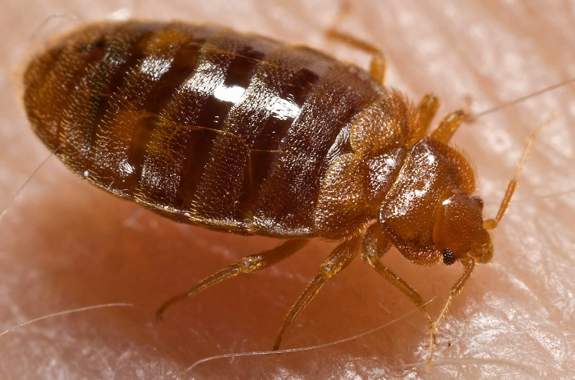Radio
Listen to Science Friday live on Fridays from 2-4 p.m. ET
April 18, 2025
Are traffic engineering decisions based on evidence-based research? Not as much as you might think. Plus, researchers captured the first confirmed video of a colossal squid swimming in its natural habitat. And, with brain-implanted devices, people with paralysis have been able to command computers to “move” virtual objects and speak for them.
26:37
What El Niño Means for Other Parts of the Planet
El Niño’s atmospheric influence is global, affecting fish stocks off Peru and potentially driving up malaria deaths in East Africa.
11:58
Hidden Galaxies, Sigh Science, and Facebook’s Free Basics
Researchers using a radio telescope found hundreds of galaxies hiding behind the Milky Way.
11:51
Launching the Latest OK Go Video in Zero-G
The band OK Go choreographed their latest video in zero-G.
16:48
Could Genetically Engineered Insects Squash Mosquito-Borne Disease?
Scientists have been able to genetically engineer malaria-resistant mosquitoes. But is it ethical to release them into the wild?
26:54
The SciFri Book Club Talks Oliver Sacks’ ‘On the Move’
After three weeks reading “On the Move,” the SciFri Book Club is back to discuss Oliver Sacks’ autobiography.
6:36
Behind the Bouba-Kiki Effect
In study after study, 90 percent of people agree: A pointy shape is named “Kiki” and a rounded shape is “Bouba.”
17:20
Century-Long Search Leads to Landmark Gravitational Wave Discovery
For the first time, scientists have directly detected gravitational waves—the last unproven part of Einstein’s theory of general relativity.
11:49
Bed Bug Genome, Zika Virus Update, and Computing Under the Waves
Two teams of researchers mapped out the bed bug genome. Plus, does Microsoft’s idea for underwater data centers hold water?
7:53
Restoring Maternal Microbes to Babies Born by C-Section
Researchers swabbed babies born through C-section with birth-canal bacteria to see if they could restore their microbiomes.
25:18
Weighing the Evidence on Mind-Body Medicine
In “Cure,” Jo Marchant shares the results of her deep dive into the evidence for—and against—mind-body medicine, from placebo effects to hypnosis and meditation.






